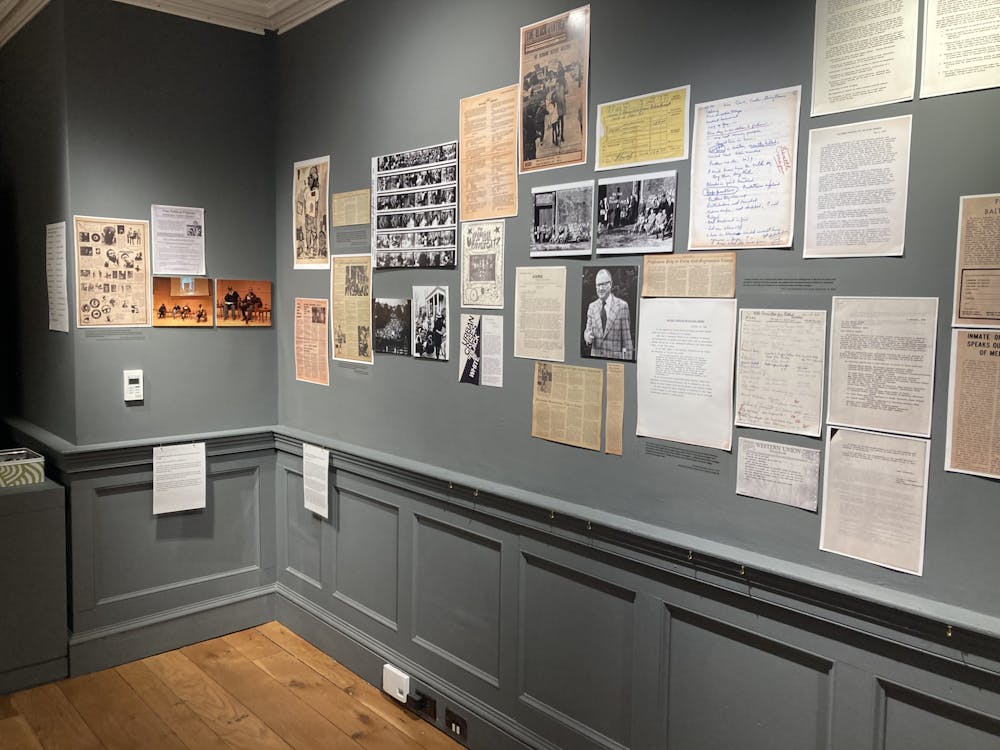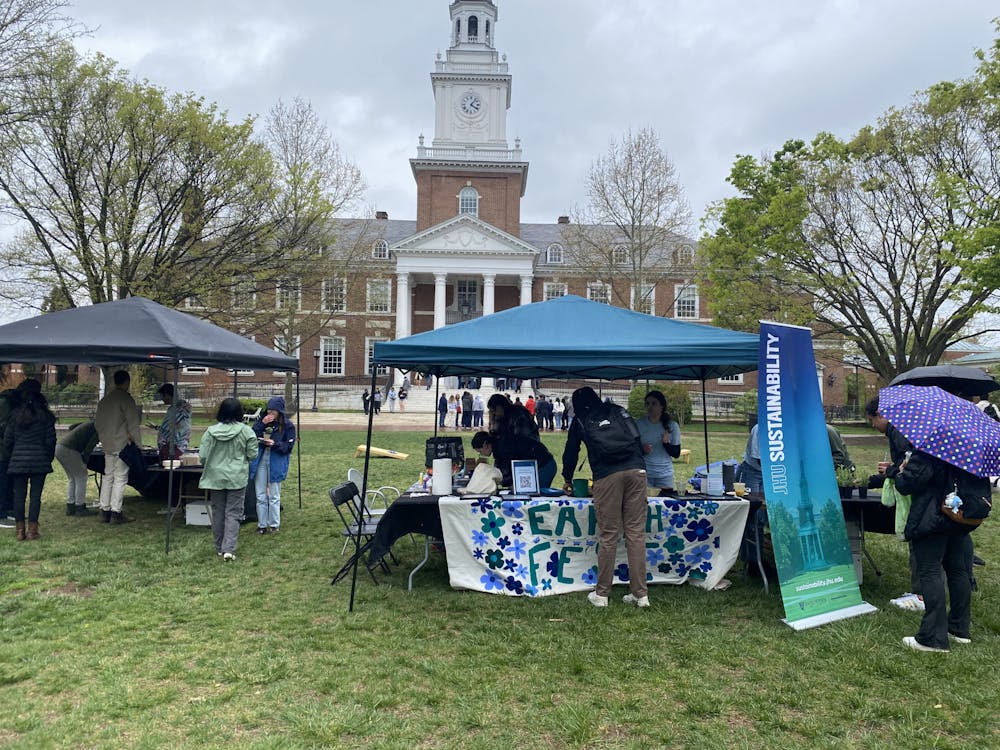Author and social activist Jamie Longazel spoke about his recent publication, Undocumented Fears, which tackles race relations and xenophobia in modern America, at Red Emma’s Bookstore Coffeehouse on Thursday, Sept. 29.
Longazel has published several articles on immigration issues since he received his Ph.D. in sociology from the University of Delaware in 2011. His book, published in February 2016, explores these issues in the context of his hometown Hazleton, Pa., which he considers to be a microcosm of American economic politics.
Hazleton passed the Illegal Immigration Relief Act (IIRA) in 2006, which made it illegal for landlords and businesses to rent to or hire undocumented immigrants.
Longazel explained that the town’s law gained national attention amidst debate about its constitutional legitimacy. But many other local government bodies began enacting similar policy changes.
“It became an embarrassment to be from this place,” Longazel said. “I come at the racism of the rhetoric really hard. It’s easy to see what happened in Hazleton and dismiss it.”
Longazel elaborated by placing the events which occurred in Hazleton within the wider context of current politics.
“After the book was released, this guy named Donald Trump started to get all of this attention. It turns out that the politics we’re focusing on with Trump are precisely what happened in Hazleton.”
Longazel approached immigration discrimination as a fundamentally economic problem rather than one caused by social and political principles.
“I, as someone who was there, recognize multiple layers of injustice and the various forms of oppression taking place,” Longazel said. “The key to these politics is to send this message that there is an inherent superiority of the white working class. Racism is not just two groups split in half. It’s a hierarchical division.”
Longazel’s book is subtitled Immigration and the Politics of Divide and Conquer in Hazleton, Pennsylvania, and he spoke about the way in which economic and social factors distance the ‘superior’ race, namely whites, from the ‘inferior’ group, in this case, Latino immigrants.
He considered financial deregulation during the Reagan administration in the 1980s a turning point that initiated this new form of modern economic oppression.
“Competition for industry really intensified. Many groups like Hazleton’s community economic development group start to become more businesslike, shed their early grassroots personas and take on a more neo-liberal version of themselves.”
Longazel identified the most crucial way in which the “dehumanization” of the industry affected the community, which initiated the movement of immigrant laborers to the town.
“Instead of the mostly permanent, relatively safe, decently paid manufacturing jobs, Hazleton now had dangerous, low-paying, temporary, uncertain and horrible working conditions,” Longazel said.
During the first few years of immigrant influx, Longazel described things as being relatively peaceful, though he acknowledges that there was racism going on. That changed after two Latino men were accused of killing a white Hazleton resident in 2006.
This event drove a wedge between the Latino community and the white Hazleton community. A narrative was crafted that alienated the immigrant workers who were seen as wanting to commit crime and exploit hardworking residents.
Longazel remembers significant backlash against the immigrant population after the IIRA was deemed unconstitutional.
“After progress is made in a civil rights movement, the backlash will always be the worst,” he said. “It’s really an important lesson for us about what will happen next after the election season ends. Even if Trump does not win the election, I think there’s the question of what happens to his ‘movement,’ as he calls it”
Longazel remembered a group of white protesters, created in the aftermath of the IIRA ruling, who organized protests against the Latino community.
Longazel spoke about the importance of understanding one’s social identity as defined by economic factors as well as by race, religion, or other qualities by which groups are divided.
“If there’s enough work from the bottom, if there’s enough familiarity with this history to push back against that, it all looks silly,” Longazel said.
Longazel is currently an assistant professor of sociology and a Human Rights Center Research Fellow at the University of Dayton.






















Please note All comments are eligible for publication in The News-Letter.